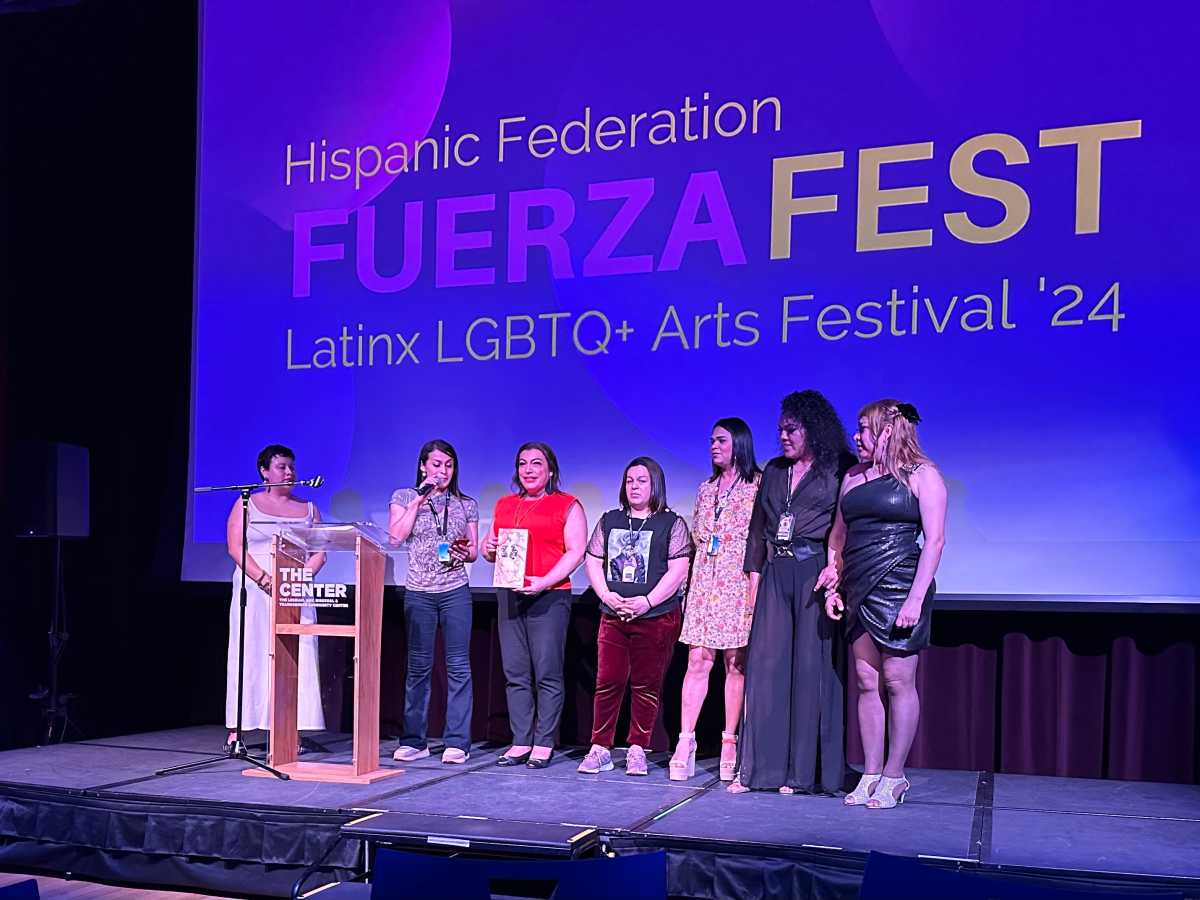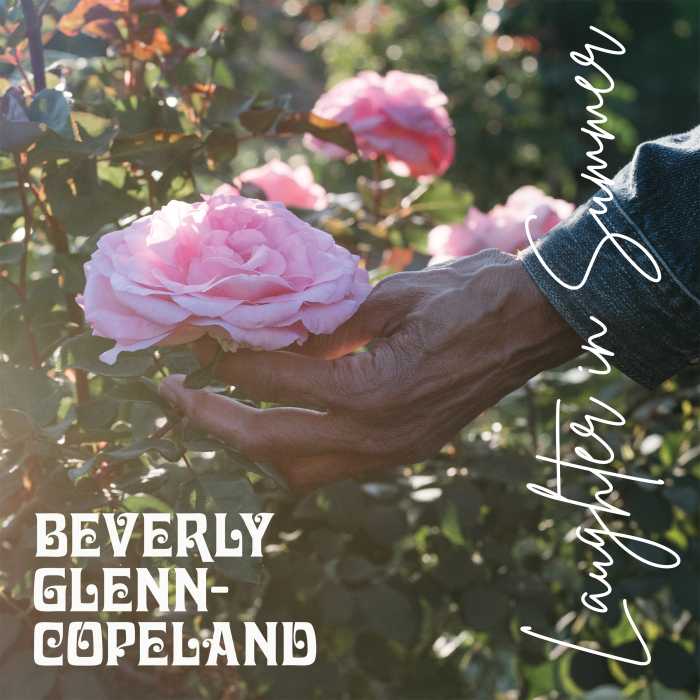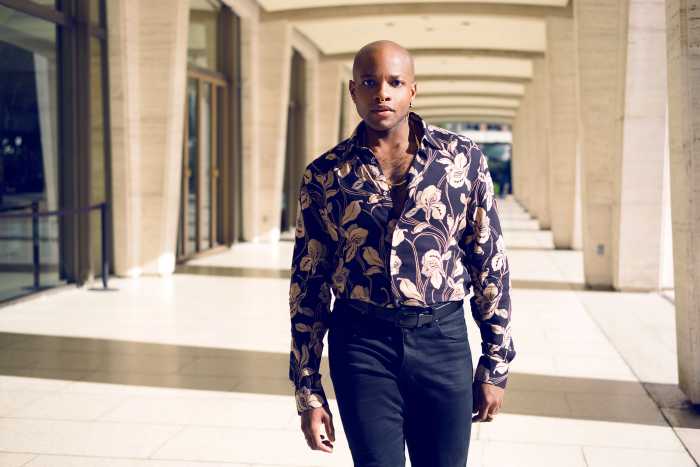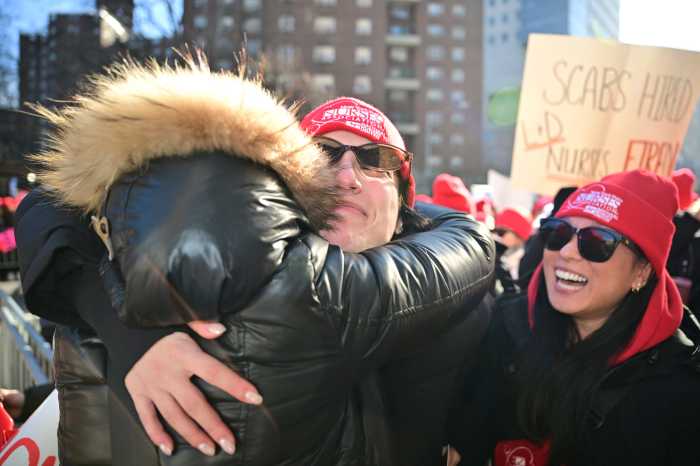Fuerza Fest, the multi-disciplinary arts festival celebrating the Latinx LGBTQ+ community, kicked off at the LGBT Center in New York on Wednesday, May 8. Now in its ninth year, the two-week festival is organized by the Hispanic Federation, a non-profit network of health and human service agencies founded in 1990 with a mission “to empower and advance the Hispanic community.”
Opening night of the festival was a glitzy event that featured an open bar, food catered by Fresco’s Cantina, a gay- and Latinx-owned Mexican restaurant in Astoria, and music provided by DJ Pocket. The night was MC’d by drag artist Yan Carlos Ramos who goes by “Pere-Soza” and included special tributes to local community groups and a moment of silence for the late trans activist Cecilia Gentili.
Mario Colon, the event organizer, shared his excitement and the whirlwind of preparations with Gay City News the day before opening night. “Yeah, we are like crazy here, but having fun,” he said in a phone interview.
His journey with the Hispanic Federation spans two decades, a relationship that began through personal adversity and chance connections. “I came to New York from Puerto Rico for a clinical trial for a rare cancer condition,” he recounted. “And during that time, I was staying with a friend from back home, Frankie Miranda, who was working at the Hispanic Federation, where they were organizing a toy drive.”
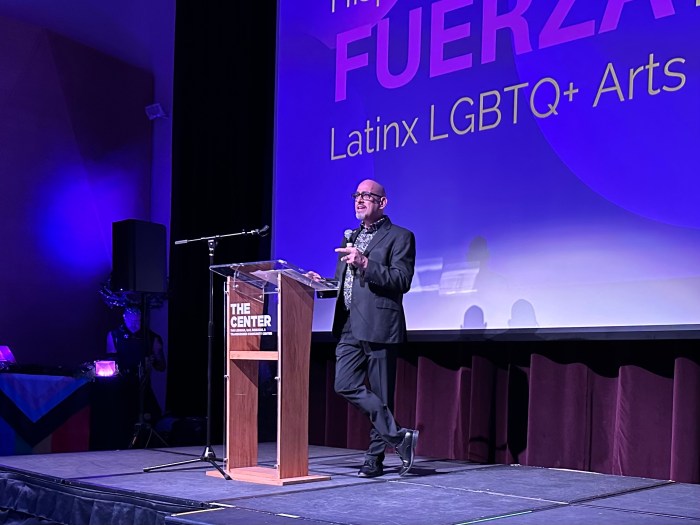
A former teacher, Colon got involved with the event, and when they noticed his dedication — volunteering his time while also dealing with cancer — he got hired at the organization. That was 23 years ago. These days, Colon is in remission — “I’m good now,” he said — Frankie Miranda is the first openly gay president and CEO of the Hispanic Federation, and Colon is vice president for special initiatives.
At the opening night festivities, Colon explained how he started Fuerza Fest in 2016 and a month later the Pulse nightclub tragedy happened in Orlando.
“We had to rethink what the festival was about and our commitment to what we had to do,” he recounted. “We had to use art as a tool for healing and to educate people.”
This year’s festival recognized two local groups: DominiRican Productions, co-founded by Pierre Jean González and Cedric Leiba Jr, who are pushing the boundaries for people of color on Broadway and opening doors for Hispanic actors and producers, and Colectivo Intercultural Transgrediendo, a Queens-based group committed to supporting the trans community. Colectivo’s staff members were on hand to receive the Community Service Award.
Carlos Falú, 32, who conceived and choreographed the opening night dance show, echoed the essential theme of Fuerza Fest. “We thrive as a community,” he said in a phone interview. And while he may have an impressive roster of credits in his career, dancing with icons like Olga Tañon and most recently Bad Bunny at Coachella last year, he said the work he produced for Fuerza Fest’s opening night is his most personal. Having choreographed the show amidst personal grief of having lost a family member last fall, Falú’s work aimed to foster a sense of community and healing.
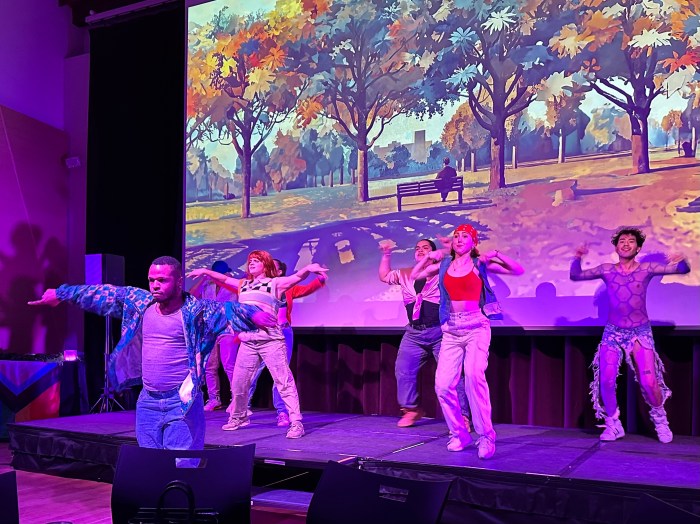
Titled “Conexiones Efímeras” (Ephemeral Connections), the multi-media performance emphasized the fleeting yet impactful nature of human interactions. As Falú explained it, “some connections last years, some only minutes,” but we carry the emotional impact of it and “there’s always the chance to try again.”
Blending dance with narrative elements, video, and projected images, as well as a live vocal of the classic “Bésame mucho,” the performance explored themes of connection and resilience that are crucial to the LGBTQ+ experience.
Fuerza Fest continues until May 17, offering free cultural programs that include dance, music, comedy, panel discussions, a poetry reading, a theater tournament, and a screening of queer short films curated by Valeria Avina.
The festival not only showcases artistic expressions, but also affirms and amplifies the social impact and contributions of the Latinx LGBTQ+ community, reinforcing the vital role of arts and culture.
As Colon made clear, “Art is a tool of transformation.”

